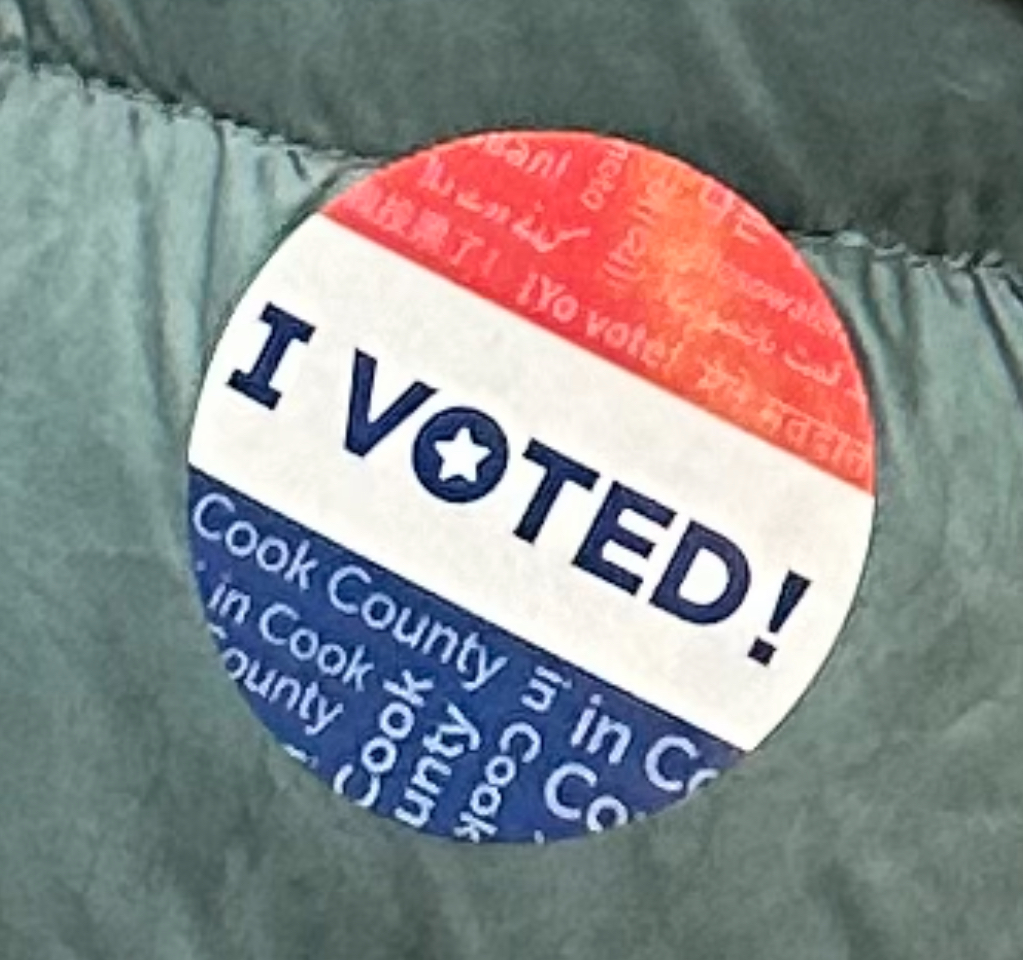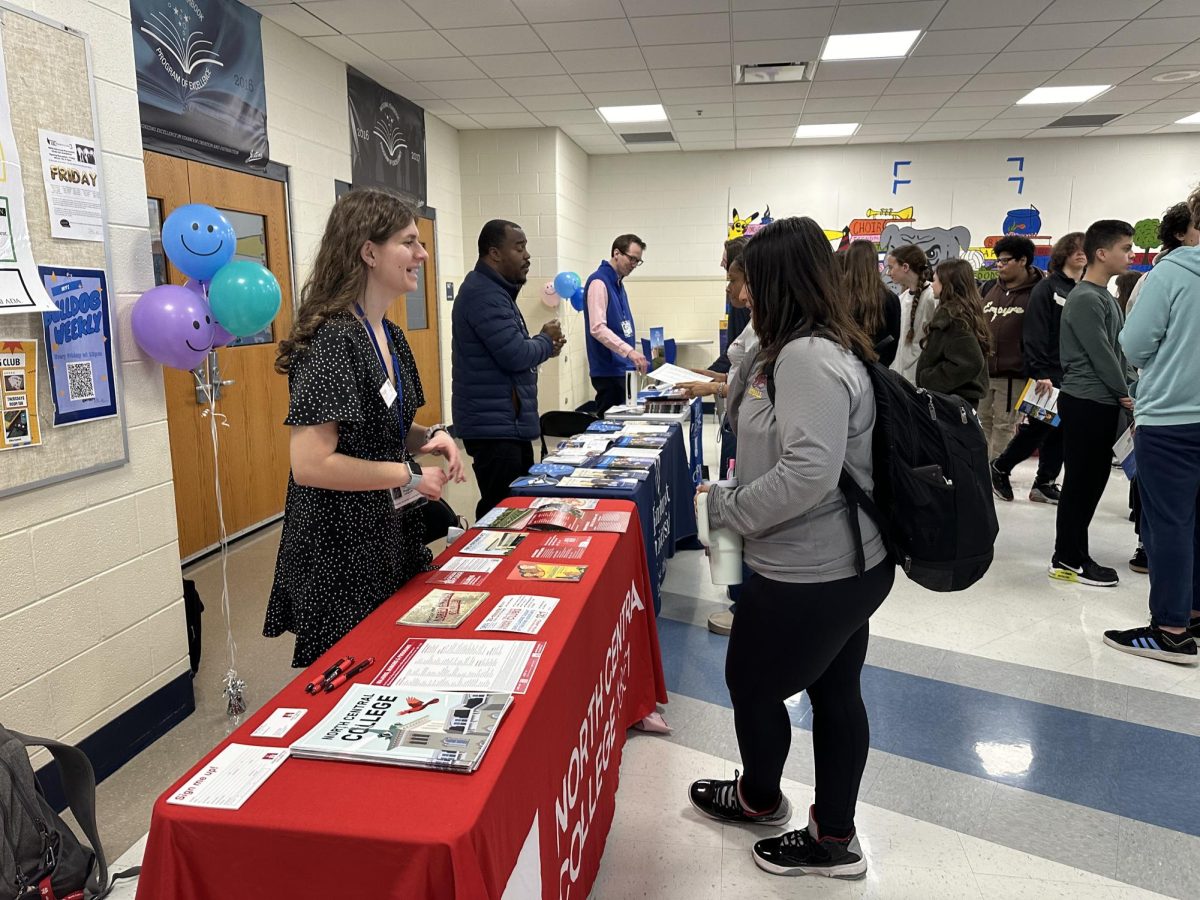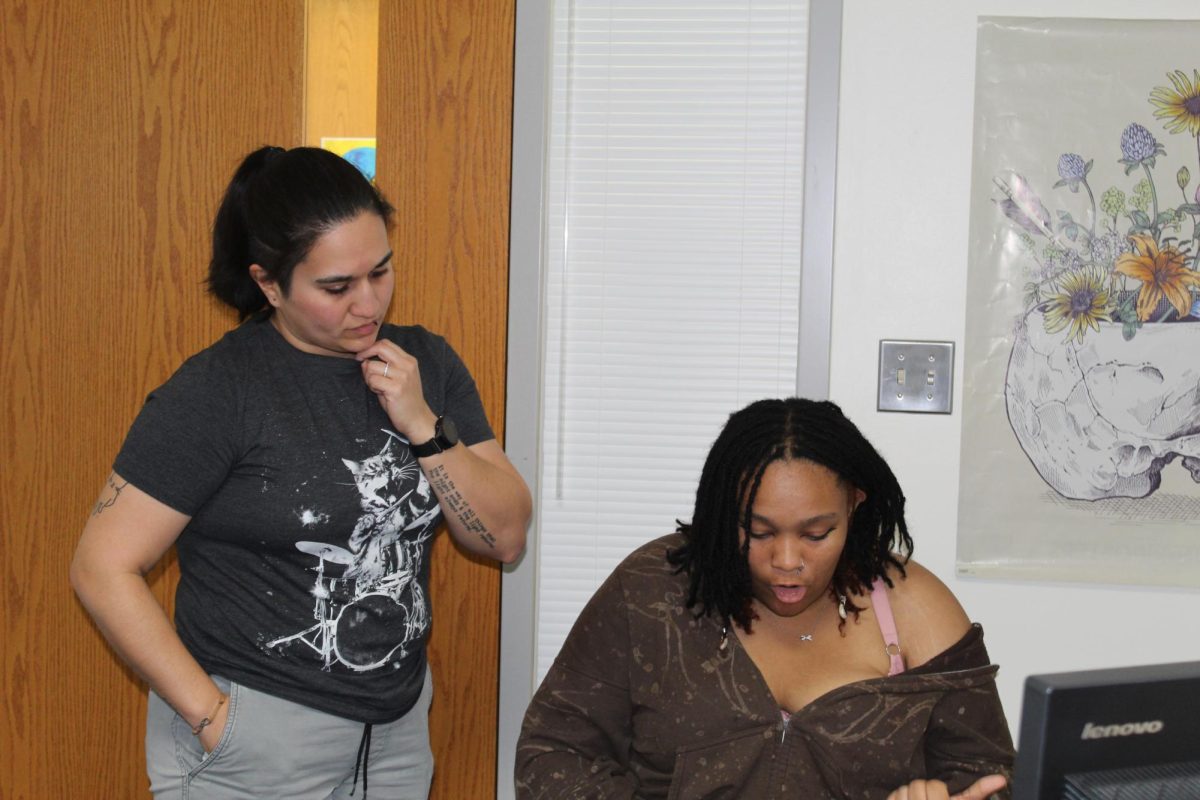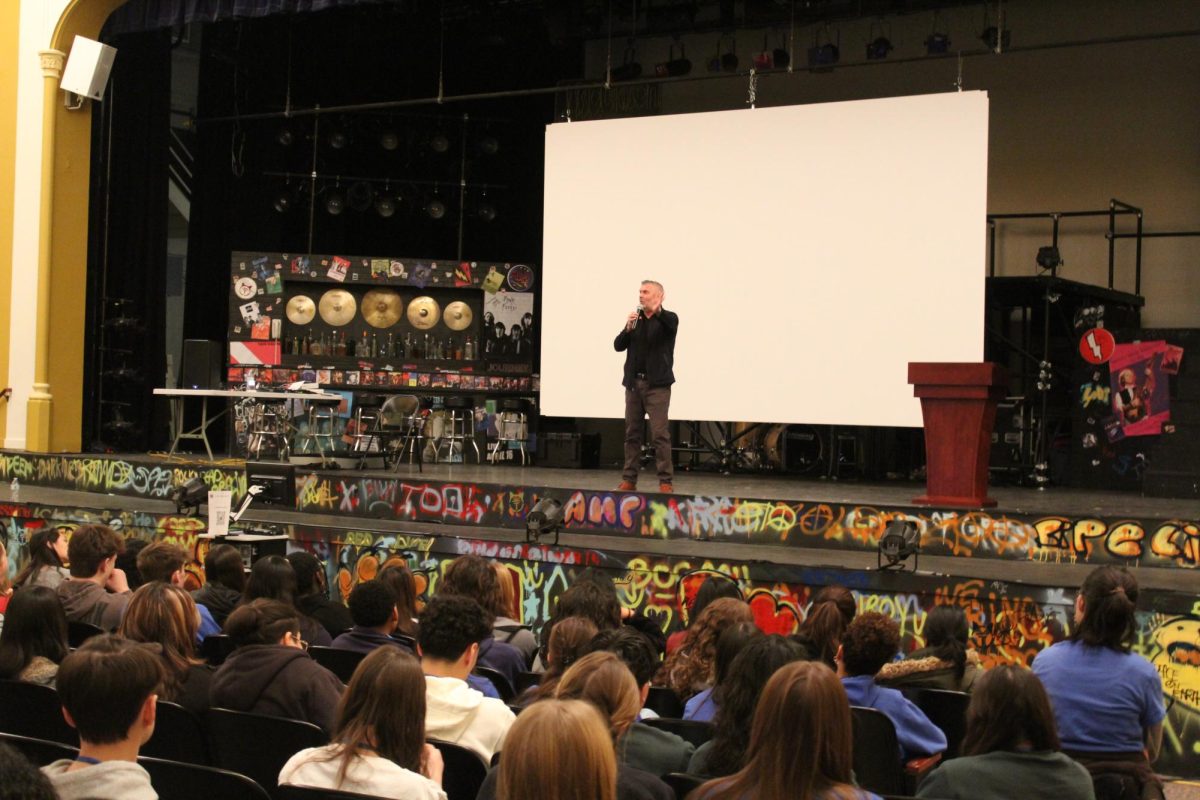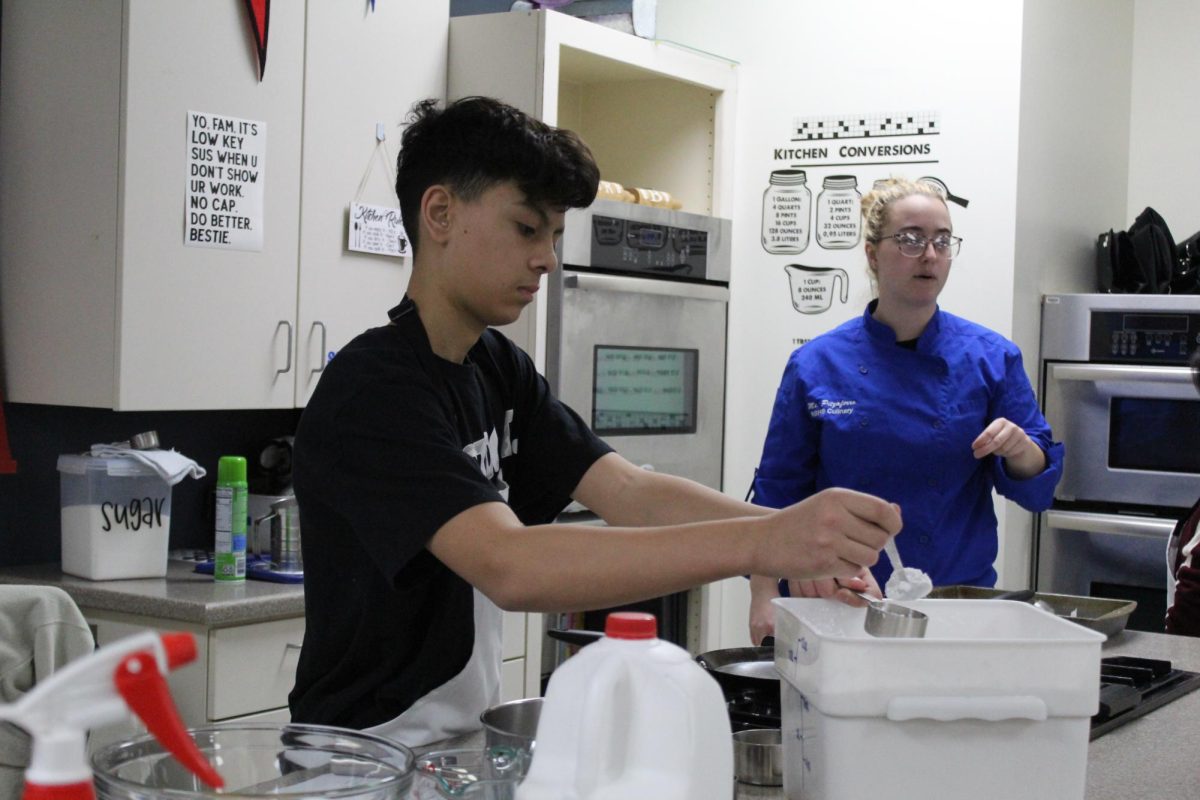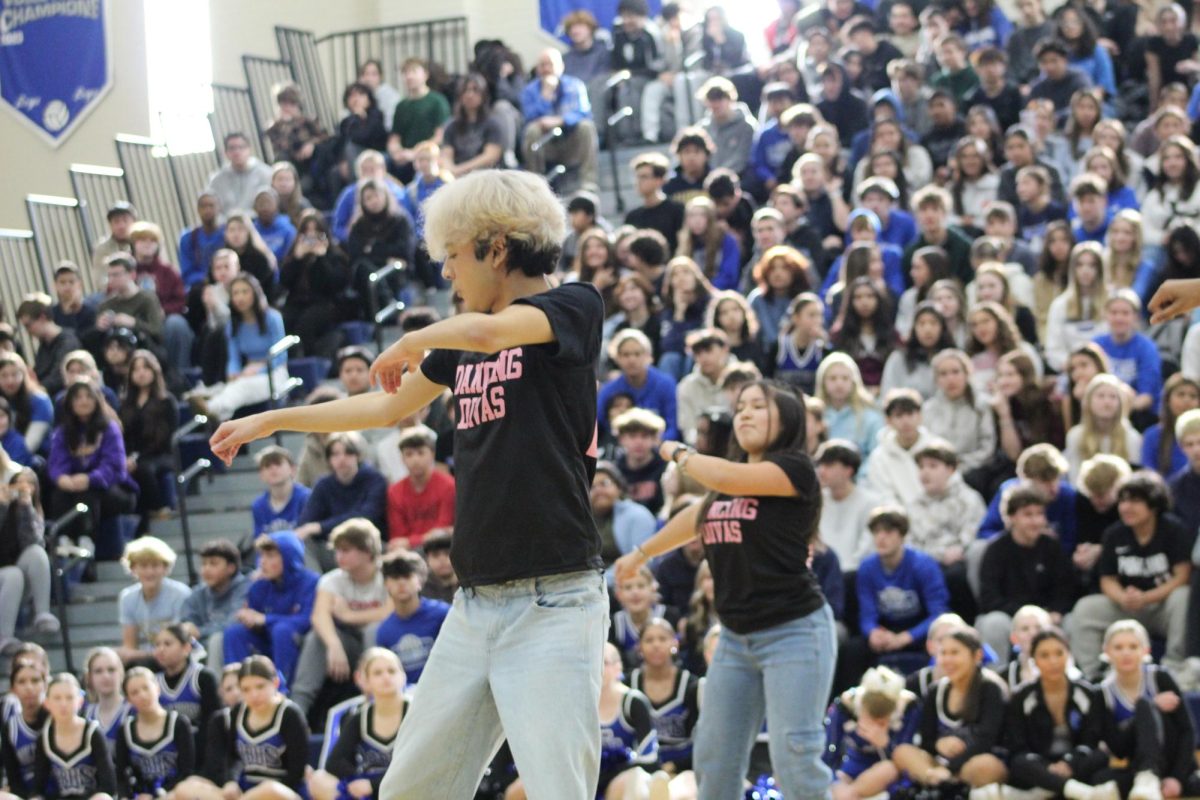On November 5, Election Day created shockwaves around the country and the world. Through presidential debates, interviews, campaigns, and even rallies, everyone between Vice President Kamala Harris, former President Donald Trump, and third-party frontrunners, every American had their opinions surrounding the election. For some, their voices were heard on the ballot, including those here at RB. Mixed emotions flooded the halls of RB on November 6, yet over the last week, some feelings have settled while others are stronger than ever.
At RB, we have a diverse staff and student body who desire to communicate their perspectives in different ways and forms. As a result, there were varying reactions toward the election results, including Sociology and AP United States History teacher John Fields.
“Well no, I wasn’t surprised. I thought that Donald Trump had a good chance of winning, I think it demonstrates the difficulty of polling, because he did much better than polling indicated, which was true in 2016, so I think it tells us a lot about polling and how polling is, you know, can be misleading. But I wasn’t surprised that he won, I was surprised by how much he won,” Fields said.
While there were some surprises in popular vote, there were also some in regards to swing states: Trump won them all. Yet, senior Alec Oltrogge, who voted third party, shared mixed feelings on the results.
“I was surprised initially when Kamala lost all seven of the swing states, but in retrospect, giving it a little more thought, actually wasn’t as surprised as I thought. Her campaign, I felt, was doomed as soon as Biden decided to run again. She had to fill in a failed administration that people were very angry with. She didn’t have a lot of time to build her own identity as a primary candidate and I felt she alienated a lot of workers as well by being pro corporate, and not very pro worker instead,” Oltrogge said. “I’m very scared of the results. I have a lot of friends that are women who are scared for their rights. I have a lot of trans friends that are also scared for their rights.”
In contrast, supporters of Trump’s victory celebrated this triumph, including junior Claire Burdett.
“I was glad that Trump won the election… I think that a lot of immaturity was reflected among people when people started arguing and fighting about their political opinions, and I think that the irony of it all is that none of us can really even vote yet and I’ve seen a lot of people argue with friends and family and become more divided as a result of Trump winning,” Burdett said.
Beyond the political divides, concerns such as economic policies, particularly gas and food prices, were also on student’s minds.
“I wanted for gas prices to be lowered and prices for foods,” senior Matthew Mohica said.
Economic hopes aside, some students expressed concerns about the future composition of the Supreme Court and the potential impact on long-term policy.
“One major component that is neither positive nor negative is the Supreme Court because there are two members that are going to be resigning soon because of their age, and Trump will likely appoint two conservative justices and we already have six. So I know that the future decisions of the Supreme Court will be more conservative, which is in my favor, but I know that’s not in favor for a lot of liberals,” Burdett said.
Beyond the economy, the candidates’ foreign policy stances raised significant concerns for some students, particularly regarding United States support for Israel.
“The number one issue that mattered to me was foreign policy towards Israel. Both candidates, both primary candidates, were very friendly to Israel, which, in my opinion, is really bad. I don’t think we should be sending weapons to a state that commits numerous war crimes and has killed 40,000 Palestinians, 70 percent of which are women and children. As a voter, that did not speak well to me,” Oltrogge said.
In light of this election, conversations have the potential to spark in social science classrooms.
“Making sure that kids feel like that it’s a safe space for them to speak. But knowing that, you know, when we’re in a learning community, you can disagree on issues and on policies and laws, but never attack individual people or groups of people. I say, at the beginning of the year, avoid racist, sexist, transphobic, homophobic comments, keep your opinions to about the issues, not about attacking people,” Fields said.
To get more involved in the political process and educate oneself on the subject, students can take on opportunities in local government: election judges, starting the conversation, keeping up with the news, or even doing simple research.
“I think that, we definitely don’t do enough to educate our students on what is going on, politically, but it’s kind of hard to do that without taking a political stance, and as a public service, I don’t think schools should take political stance but instead I think they should encourage students to do their own research about political candidates,” Oltrogge said.
However, social media’s role in shaping opinions cannot be ignored as algorithms push biased content for targeted audiences.
“Social media did not shape my views in the election at all, but I think that it left a lot of people very vulnerable in their opinions. I think that it was very divisive because the algorithms are literally designed to push out what you want to see more of and it was kind of hurtful seeing people fall into far right or far left echo chambers as someone who’s more independent,” Burdett said.
For the future of the Democratic Party, it prompts the question: who is their target audience?
“Well, I definitely think like the rep the Democratic Party has to do some serious consideration. They lost, you know, all across the board. It looks like they lost votes among all groups of people, so they kind of have to figure out, what is their message, how can they really focus on working class people, Americans who don’t have a college degree, which are most Americans, and I think you’re gonna see some alignments and some shifts in the topics and priorities of the Democratic Party. I think, just the immigration issue, I think will be a huge issue over the next four years,” Fields said.
For the future of the country, there lies an urge to continue the fight for what each and every American believes is right.
“I hope at a federal level people will be more subceptive or will take on a wider perspective on Trump’s destructive economic policies and try to fight back. I think a lot of states are starting to fight back, especially against banning abortions. I hope the states will continue to fight back against federal control, especially a woman’s race,” Oltrogge said.
While this election marked a win for the Republican Party, the president only serves for four years, and for Trump, this will be his last term.
“Either way, America would be all right as a whole and the president is pretty much a face of the nation less than. A major policy enactor and is mostly a decision maker,” Burdett said. “Even if you aren’t happy with the election result, I would have been happy if Kamala won. If you aren’t happier with your election result, it’s only four years. It’s not the rest of your life.”
Through it all, the 2024 Presidential Election has served as a testament to America’s enduring commitment to democratic principles: free and fair electoral practices.
“It was free, it was fair, it demonstrates that in America we have free and fair elections,” Fields said.

